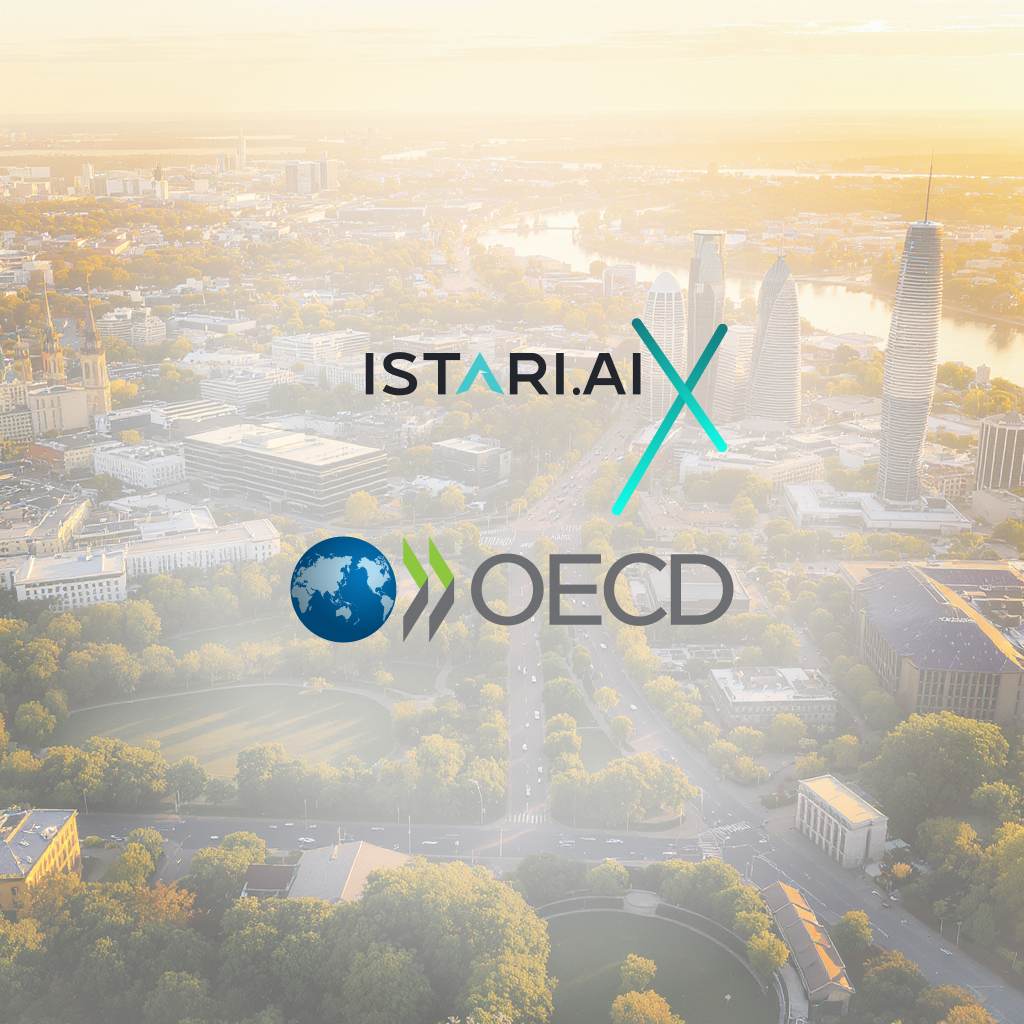In partnership with OECD researchers, ISTARI analyzed over one million SME websites across 15 countries, using machine learning to detect greening practices and link them to economic data. The study revealed regional sustainability disparities and informed new policy strategies.

Measuring regional SME sustainability at scale
Small and medium-sized enterprises represent the backbone of economies worldwide but their contributions to environmental goals were not well understood compared to larger corporations. The OECD sought clarity on how SMEs across regions and industries contribute to sustainability, which required analyzing vast multilingual website data and connecting it to economic frameworks. Without such insights, policymakers lacked the information needed to design effective, region-specific sustainability strategies.
A machine learning–based “greening indicator” informed by multilingual web data
ISTARI provided a web data pipeline and analytics infrastructure capable of scanning and analyzing the textual content of more than one million SME websites across 15 OECD countries. Our team developed a multilingual keyword and classification model to detect environment-related corporate initiatives like renewable energy, recycling systems, and circular business models. Using advanced machine learning, we extracted and categorized sustainability signals at the firm level.
Crucially, we linked this data with regional economic indicators and policy information—enabling the researchers to identify not only where green practices existed but how they were influenced by geography, industry, and policy environments. The resulting “greening indicator” captured firm-level behaviors and made them visible in a comparative regional context.
Evidence-driven policies for greener regional economies
The final analysis revealed significant regional disparities. Green-oriented SMEs were more prevalent in countries with structured policy support, such as Belgium and France, while uptake lagged in the Baltic states and parts of Eastern Europe. These insights allowed the OECD and regional policymakers to identify where targeted interventions were most needed—such as renewable energy incentives or support programs for eco-innovation in underperforming areas.
Published as an OECD report, the findings became a landmark for understanding regional environmental engagement at the SME level. ISTARI’s contribution made cutting-edge AI technology accessible for evidence-based sustainability analysis—empowering local decision-makers to align SME activity with global climate goals.